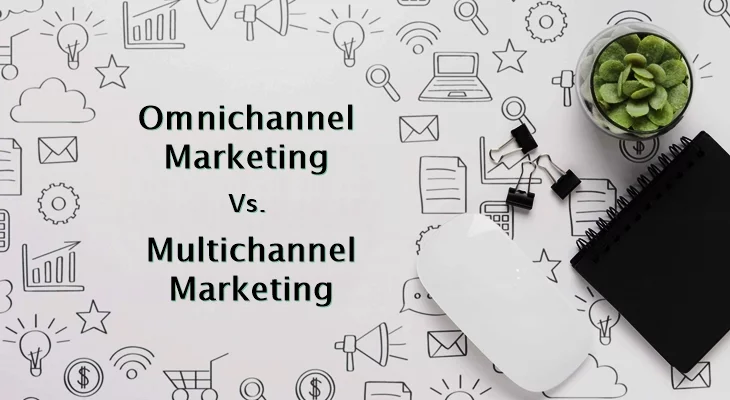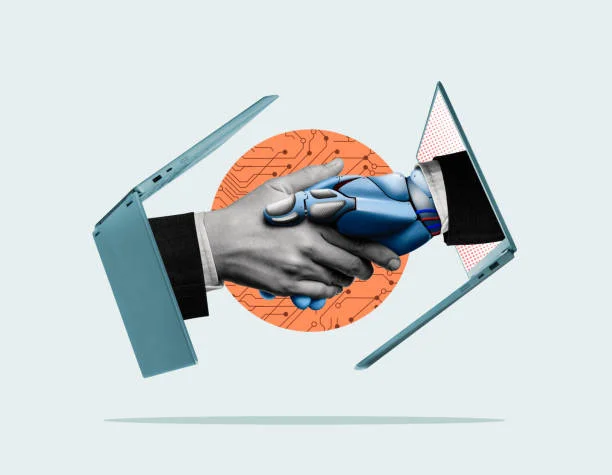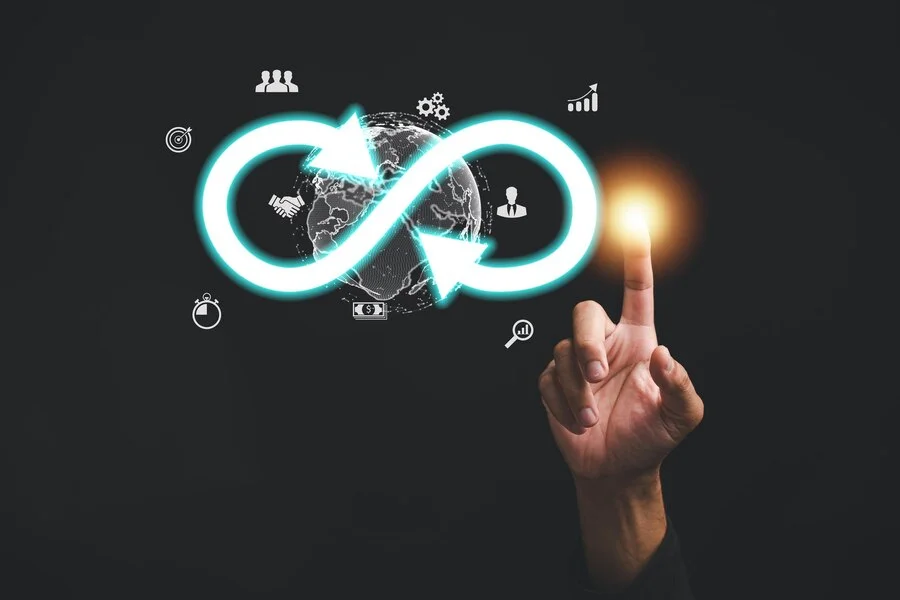Over the years, multiple marketing types have evolved. The rise of marketing channels such as TV, radio, print media, and social media has contributed to this marketing revolution. Among the many, two marketing types have evolved as the most effective in today’s era. They are omnichannel marketing and multichannel marketing. Let’s have a look at them and see how similar or different they are.
Omnichannel marketing refers to the type of marketing that uses all available channels of marketing.
Here the messaging and experience for the customer is uniform and provides the highest level of engagement.
Multichannel marketing includes using multiple channels of marketing, but not necessarily all.
Here the messaging and experience for the customer can vary based on the channel being used. Any two channels are not necessarily connected in terms of customer interaction.
Both types of marketing have certain hard-hitting differences between them. They are as follows:
Both omnichannel and multichannel marketing use multiple channels for marketing. But, the major difference is in what channels are being used.
In omnichannel marketing, all available channels for marketing are leveraged. Multichannel marketing, on the other hand, uses either all or some of the marketing channels.
This can result from the way the marketing strategy is planned and how many customer touchpoints are being targeted.
Omnichannel marketing has a higher number of customer touchpoints.
Both multichannel and omnichannel marketing aims to provide a customer experience that will influence the customer to want to avail of the product or service. The difference here is the consistent experience.
Omnichannel uses uniform messaging across channels and provides a consistent customer experience, no matter the channel or device the customer is using (mobile, tablet, PC, etc.).
Multichannel marketing uses different messaging based on the device and channel they are targeting. Hence the customer experience varies.
Omnichannel marketing provides better engagement consistency since it has a consistent message across all channels and devices.
Customers will see the same products and the same messaging, no matter where they access the content.
In multichannel marketing, the engagement varies because something might appeal to the customer on the phone, while the same content might not appeal to the customer on the PC.
Omnichannel marketing requires something which multichannel doesn’t, i.e., data. Using the data available, customers can be targeted at a personalized level. Hence the overall effort in Omnichannel marketing is high in the beginning but less in the long run.
Multichannel marketing requires designing and delivery of different messaging for individual channels and modes. Hence, it requires substantial effort consistently.
Also Read: Top 5 Examples of Agile Marketing
Omnichannel marketing uses data analytics and hence can get complicated. The effort to reward ratio, though, is better for Omnichannel marketing.
The budgeting for omnichannel marketing, in turn, is also higher in comparison owing to the investment needed in the technical aspects. Moreover, the artwork and content also have to be developed so that it is device and channel-agnostic.
Multichannel marketing is easier to execute in comparison but has a comparatively lower success rate. Its budget can vary based on the number of channels and artwork developed, yet it is lower than omnichannel marketing.
In the retail industry, which has immense competition level, brands are always looking for customer attention.
If a brand wants to reach a customer, they can use either of the two marketing techniques or any other for that matter. The brand that uses omnichannel marketing can leverage the customer’s available browsing data and provide personalized and targeted advertisements.
Multichannel marketing will help the brand only showcase their offering and not any specific product that the customer might be interested in.
Hence, with omnichannel marketing, the brand will enjoy a greater conversion rate because they can provide the customer exactly what they were looking for.
Similarly, it is imperative to know the customer well in the banking industry and understand what services they are more likely to avail.
Many factors require a lot of data. Opting for multichannel marketing will help you get the brand reach towards the customers for a group of services.
Using the data, omnichannel marketing will help reach the customer for a specific service they were looking for, such as credit cards, loans, etc.
So whenever the customer browses the internet and on any device, they will see the targeted ads for credit cards or loans or whichever service they had shown interest in.
This helps the company close sales much quicker because the customer could reach them and avail the service faster than in Multichannel marketing.
Conclusion
We can safely conclude that if you want to garner customers quickly and impress them with a good customer experience, omnichannel marketing is the one to opt for.
Multichannel marketing is also a good option if you want to target a wider audience. But, here, the ads across channels and devices will end up competing against each other. For every engagement, it will be treated as a different engagement.
Omnichannel marketing helps combine all engagements by providing a consistent experience to the customers. Hence, if the customer interacts with the same ad on different channels, it is still just one engagement.
This makes it easier for companies to keep efficient track of the engagements they have received. It is a safe bet that the brands of today would want to opt for Omnichannel marketing.
You May Also Like to Read:
What is the Significance of an Omnichannel Experience?





